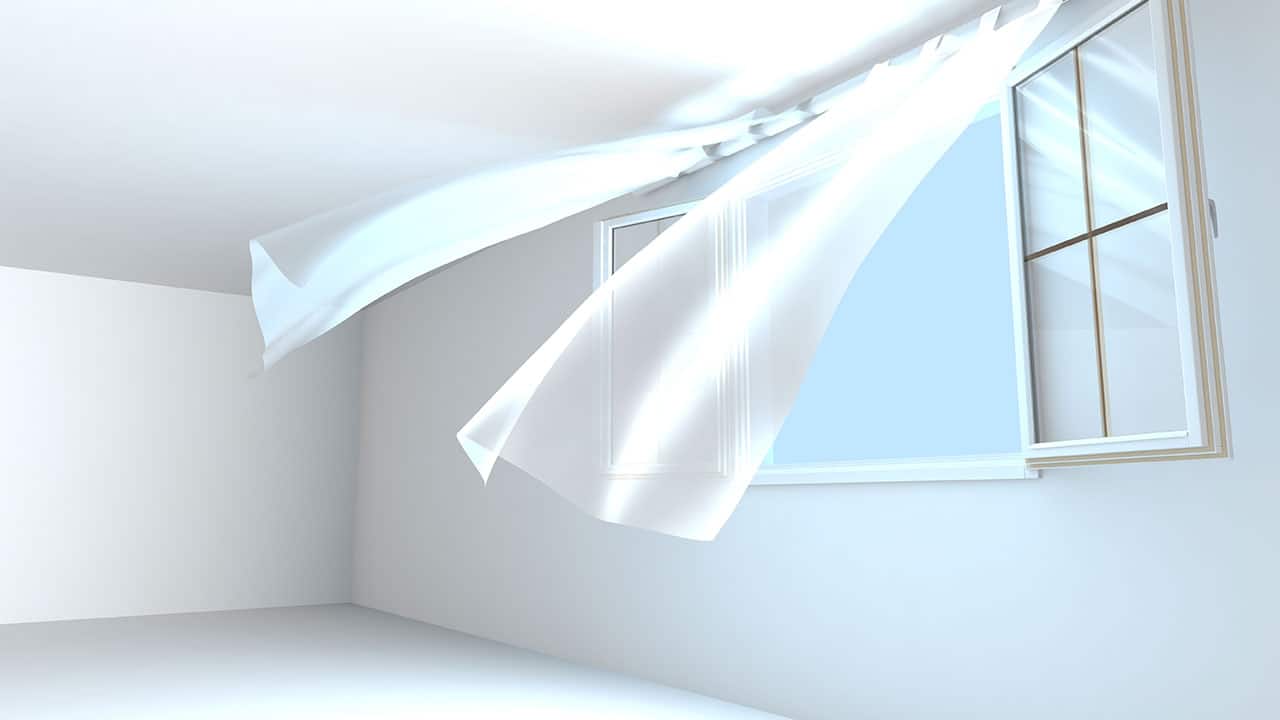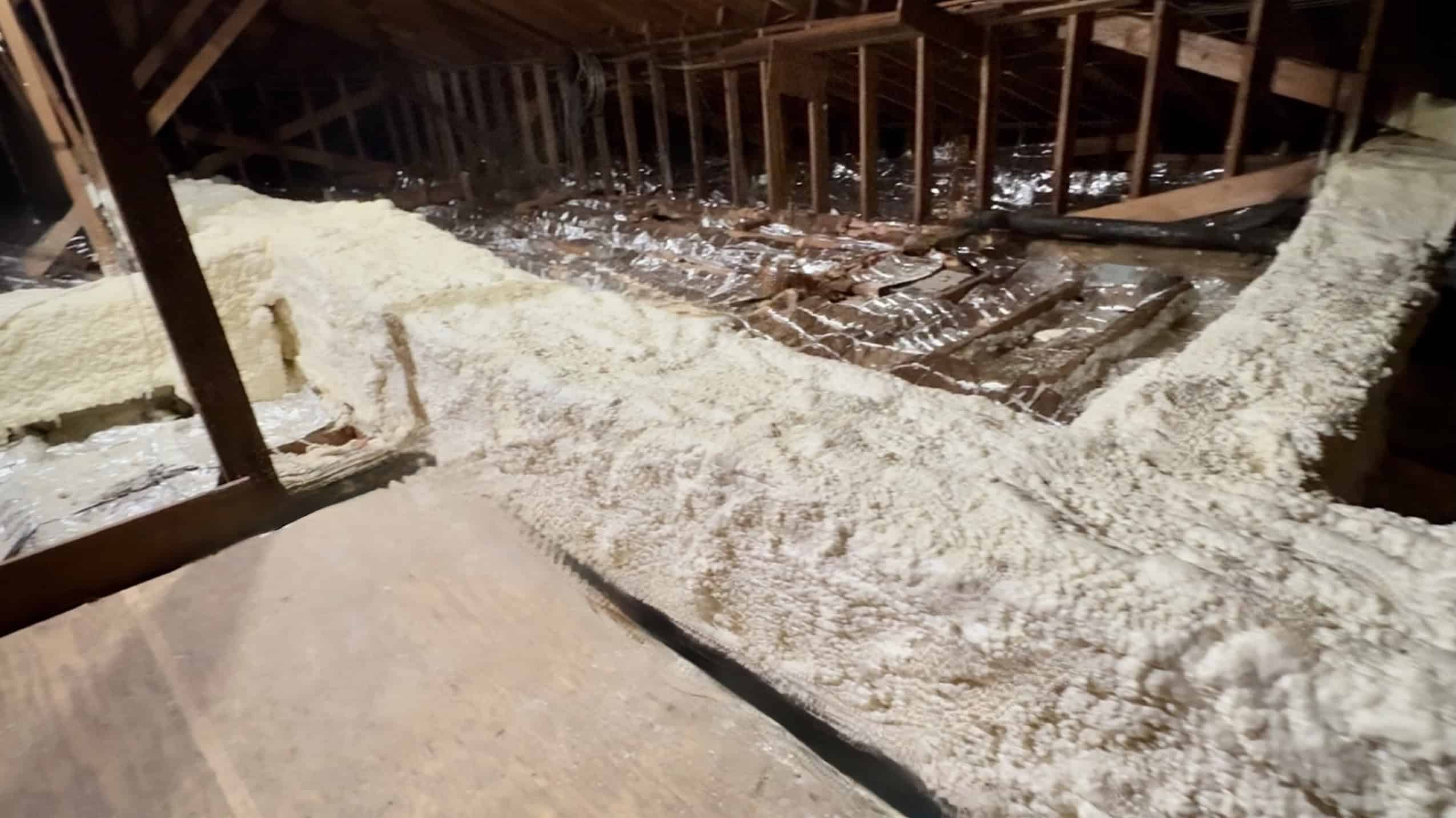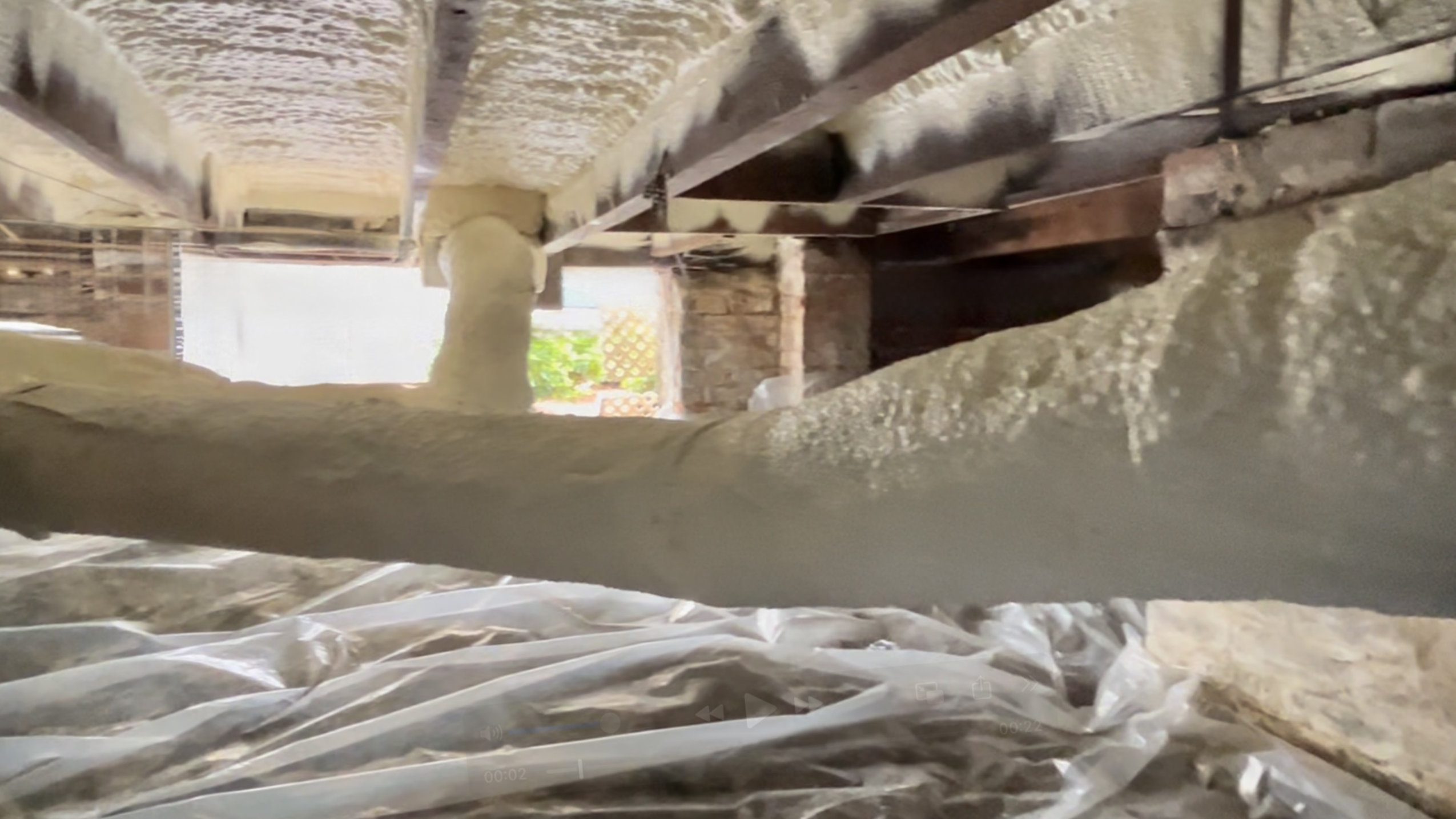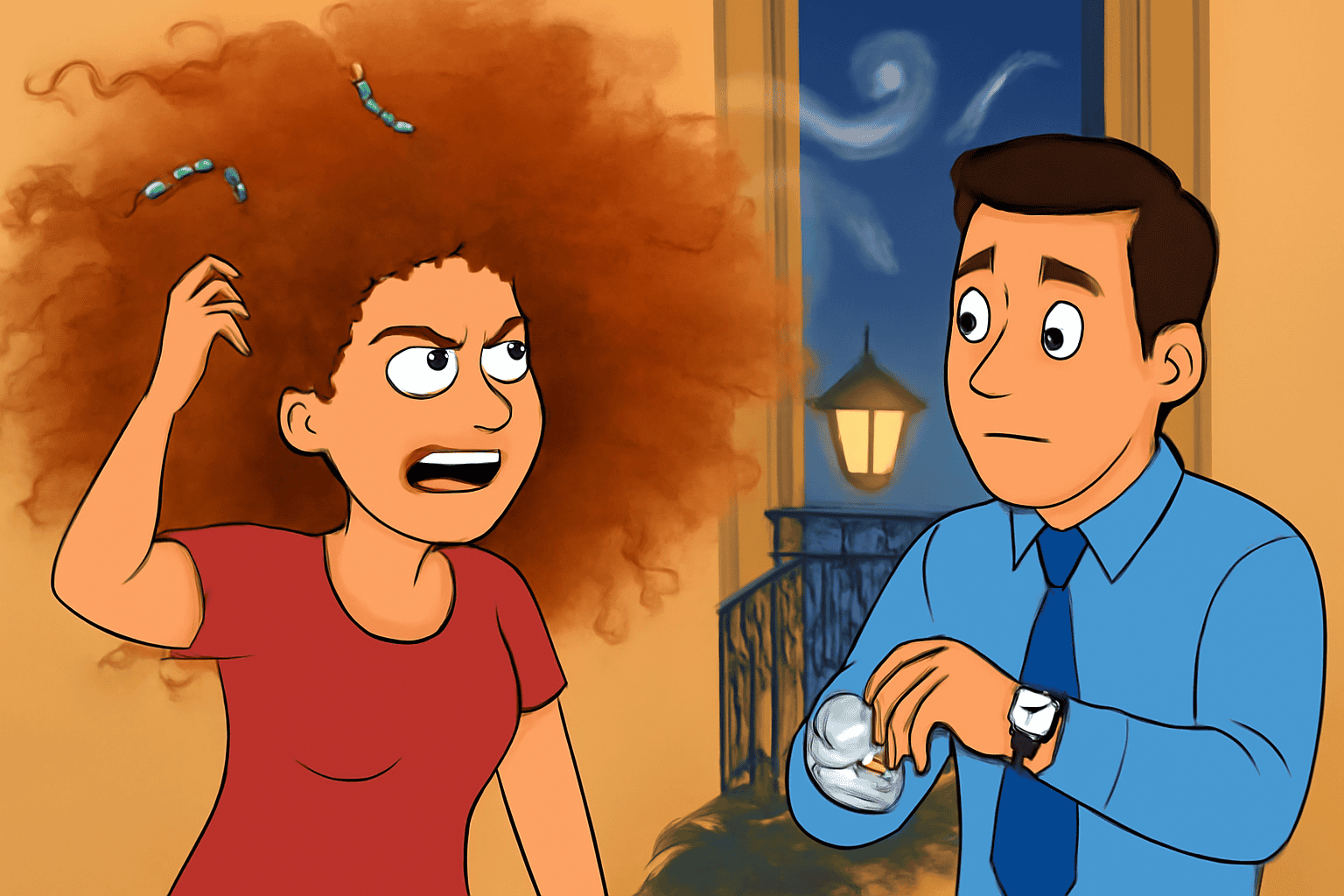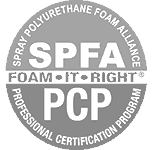Indoor Air Quality Matters
Indoor Air Quality [IAQ] is one of the hottest topics when it comes to health, renovating an existing home, or building a new home. Many folks know about Indoor Air Quality because it is often mentioned in the news, usually during a story about toxic mold, allergies, or other health ailments. But, many folks don’t really know what IAQ is.
So, what is Indoor Air Quality?
Indoor Air Quality (IAQ) refers to the air quality within and around buildings and structures, especially as it relates to the health and comfort of building occupants
~ US EPA
Understanding what Indoor Air Quality is, how it affects you and your family, and how to improve your IAQ is something every homeowner and renter should be concerned with. IAQ is part of indoor environmental quality [IEQ), which includes IAQ as well as other physical and psychological aspects of life indoors [lighting, visual quality, acoustics, and thermal comfort].
Health Issues Related To Bad Indoor Air Quality
Poor Indoor Air Quality has been tied to a variety of ailments. These ailments include irritation of the eyes, nose, and throat, headaches, dizziness, and fatigue. After exposure to some indoor air pollutants, many folks with asthma may experience increased difficulty breathing or other asthma-related issues.
long-term exposure to poor indoor air quality can lead to some respiratory diseases, heart disease, and cancer, and ultimately be severely debilitating or fatal. It is extremely important to try to improve the indoor air quality in your home even if symptoms are not noticeable.
It should be noted that poor indoor air quality will affect people differently. Some folks are more sensitive to indoor air pollutants and can have negative reactions almost immediately after entering a home with poor IAQ. Other people will show little, if any adverse reactions to poor IAQ, but there can still be long-term issues to contend with down the road.
How To Identify Causes Of Bad Indoor Air Quality
Identifying areas in your home that may be contributing to poor IAQ is both easy and difficult. The average homeowner or renter can easily do a visual inspection around their home or apartment to look for tell-tale signs of issues that contribute to poor IAQ.
Here are the top items you can check right now that could be contributing to poor IAQ:
Check all exterior doors for air leakage. Is there a tight seal around the door? Are there any cracks or spaces that will allow for air leakage?
Check all windows and frames. Do your windows close tightly? Can you feel outside air leaking in around the frames or between the window panes? Do your windows sweat [condensation] when you have your air conditioner running?
Check around all through-wall penetrations coming into your house. This includes where plumbing pipes or electrical wires or conduits come into your house. Do you see unsealed openings around the supply and drains going into/out of your walls under your sinks? Do you see any dust or dirt that looks like it has blown in around electrical penetrations, or around your light switch or electrical plug cover plates?
Check your HVAC vents and return air vent. Do you see any dust, dirt, or mold around your supply vents? When you remove a supply vent cover and look into the duct-work, do you see a build-up of dust, dirt, or mold inside the duct-work? When you check your return air vent, is there a tight seal around your air filter, or are there gaps or spaces around your return air vent or air filter?
Do you have any combustion appliances inside the conditioned space of your home? This can include a gas-fired water heater or furnace.
Are you storing any volatile chemicals inside your home? If so, are all of the containers properly sealed?
Do you have any synthetic carpet or have you installed any new laminate flooring? If so, have you checked to see if the laminate flooring or carpet has been reported for out-gassing of Volatile Organic Compounds [VOCs]?
Checking / inspecting all the items listed above will help you identify problem areas that may be contributing to poor IAQ in your home. If you have found issues with many, or all of the items listed above, there are steps you can take to improve your home’s IAQ. If you are not sure about what you have found or don’t feel confident in doing an inspection yourself, then contacting a professional is essential.
Diagnostic Testing & Air Sealing To Find & Fix Air Leakage
If want to make sure that all of the Indoor Air Quality inspection is completed correctly, hiring a professional is key. A professional home performance company will conduct a Duct Blaster test and Blower Door test to check the air leakage in your HVAC duct-work and the whole house. They will also conduct the necessary CAZ testing, and perform all the necessary air sealing and corrective measures.
Hiring an experienced and established company, like Diversified Energy will ensure that you are getting the most out of your IAQ and home energy efficiency investment.
How To Improve Your Indoor Air Quality
Seal & Clean Leaky Duct-Work
Properly sealing your HVAC duct-work offers a double benefit. You will see both improved indoor air quality and lower HVAC heating/cooling bills. When you properly seal your HVAC duct-work, it eliminates areas where dirty, unconditioned air can get into your HVAC system, and ultimately be blown throughout your home.
To properly seal duct-work, you should use a combination of mastic and fiber tape. The mastic and fiber tape should be applied at all areas of air leakage – duct-work connections, splits, and where the duct-work attaches to the air handler and supply vents.
Having your HVAC duct-work properly cleaned and sanitized will drastically improve your indoor air quality. By removing years of dust and dirt, mold spores, and other pollutants that can build up in your duct-work, you will breath easier and your home will be less dusty. HVAC duct-cleaning is a service you must hire a professional for, as it requires specialized equipment and training to be done correctly.
Seal Air Leaks Around Your Home
Break out the caulking gun, get the proper sealants, cans of expanding foam, and weatherstripping. Going through your house and properly sealing around all of your windows, doors and any other leaky penetrations is key to improving your IAQ.
For some folks, this sounds like a fun Saturday or Sunday afternoon. For others, it sounds like a nightmare. Luckily, there are weatherization incentive programs offered by most of the top electric utilities in New Orleans, Baton Rouge, and the Gulf South region. These programs will help offset the cost of proper testing and air-sealing measures needed on your home.
Get CAZ Testing On All Indoor Combustion Appliances
CAZ [Combustion Appliance Zone] Testing is one of the items you must have a professional technician perform. CAZ testing will let you know if dangerous gasses/exhaust is leaking from combustion appliances [gas fired water heater or furnace] located within the conditioned space of your home. Click Here to learn more about CAZ Testing.
Remove Building Materials Out-Gassing VOCs
If you found that you have older synthetic carpets, or laminate/engineered floors that are known to out-gas Volatile Organic Compounds, you will want to remove/replace them as soon as possible. Another item that may possibly out-gas VOC – many types of plywood and cheap plywood furniture that used formaldehyde-based glues.
Call Diversified Energy
Yes, you could try to do all the inspections and improvements we have talked about above, or you could make one call to Diversified Energy. Diversified Energy has been the Gulf South leader in home performance testing and improvements for two decades.
We are partners with all of the major electric utilities and will help you qualify for any/all available incentives. And, our BPI certified technicians will make sure that your diagnostic testing and air sealing measures are completed correctly and quickly.
Wrapping It Up
When it comes to Indoor Air Quality, you can do your best to diagnose and fix all the problems yourself, or you can make one call to Diversified Energy. We will provide you with an honest quote, and our highly trained, BPI certified technicians will conduct the necessary diagnostic testing and complete all the necessary repairs. Plus, we will handle all of the paperwork if your home qualifies for one of the energy efficiency / weatherization incentive programs offered by our local electric utilities.
For more information about indoor air quality, and overall home performance, contact us today – 504-273-7779 – [email protected].
